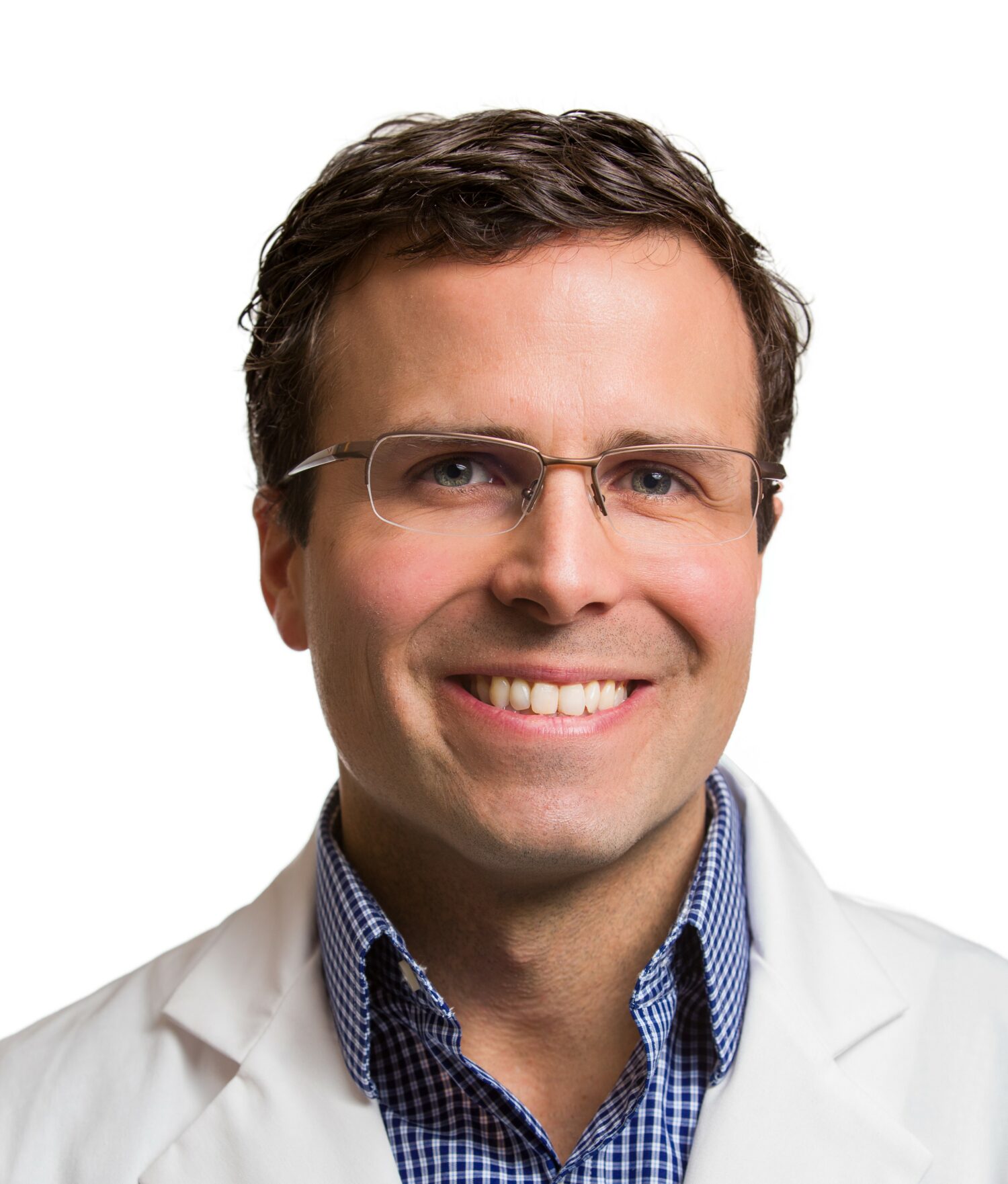
For a few years, natural language processing (NLP) has held the promise of dramatically rising the flexibility of healthcare organizations to shortly and precisely perceive unstructured medical textual content in scientific notes. Using medical NLP, healthcare suppliers, scientific researchers, and payers would uncover significant insights hidden in unstructured textual content quicker, with fewer errors, and at much less price than handbook knowledge assessment and evaluation. This high-quality medical-grade knowledge in flip would drive advances in understanding illness development, assessing therapy efficacy, and detecting inhabitants well being traits and different use instances.
Things haven’t fairly labored out that method. While single-institution, single-document-type NLP tasks have confirmed viable, coping with the complexity of language throughout a number of establishments and doc sorts has eluded correct NLP.
One mistake healthcare organizations generally make is that they assume the medical NLP software program they bought is enough for their use case. Yet these instruments merely will not be correct sufficient to supply clinical-quality NLP as a result of they don’t seem to be fluent within the language of medication. Medical vernacular is filled with inherent complexities equivalent to vital ambiguity, a particular lexicon, and heavy use of localized medical shorthand. Add within the range of medical specialties and dearth of requirements for the construction of medical paperwork, and it’s clear that healthcare organizations require extremely specialised medical NLP that leverages superior applied sciences equivalent to synthetic intelligence (AI) and deep studying.
Fortunately, AI models have improved drastically with the appearance of deep studying. Still, with none type of medical experience guiding the event of those deep studying fashions, customers find yourself with outcomes that principally say, “We found a whole bunch of things. Now you go figure out what is important.” That’s not precisely clinical-grade data.
What’s wanted for a high quality medical NLP platform is a mix of expertise and medical experience. By infusing deep studying fashions with specialised medical experience, fashionable medical NLP software program will help suppliers, payers, pharmaceutical corporations, and scientific researchers get probably the most worth from the info.
Limits of conventional NLP in medication
While NLP undoubtedly has proved helpful to researchers, the method concerned will be labor-intensive and time-consuming. Let’s say researchers wished to make use of NLP to seek out all sufferers in a goal inhabitants who had appendicitis final month, with the info for use in a white paper. Low-precision conventional NLP might establish 1,000 sufferers – however the NLP will be steadily mistaken. As a end result, a researcher should undergo the info and make sure all of it. Granted, that’s nonetheless higher than the researcher laboring over handbook chart evaluations, however that also falls properly wanting an environment friendly and efficient resolution.
For different healthcare use instances – equivalent to understanding human speech, computer-assisted coding (CAC), and scientific resolution assist – even “mostly accurate” software program is nowhere near acceptable. Healthcare organizations that implement a medical NLP platform that’s extraordinarily correct will have the ability to apply their knowledge to makes use of instances past analysis.
Choosing the appropriate medical-grade NLP platform will be troublesome for healthcare organizations that will not know exactly what options or performance will work for them. Here are three issues to search for in a clinical-grade NLP platform:
Accuracy
Does the platform present sufficient accuracy in your group’s functions? For instance, some platforms might have an algorithm for negation detection, the method of figuring out the presence or absence of circumstances or illnesses equivalent to most cancers or diabetes. However, the accuracy of those algorithms can fluctuate relying on their capability to contextualize language in medical notes.
The capability of an NLP platform to precisely establish widespread medical phrases, together with slang, should be a precedence to ensure excessive ranges of accuracy. Annotation software program can carry out the work of physicians who historically would annotate hundreds of medical studies – and do it a lot quicker – however the medical NLP resolution should have the ability to hold tempo in velocity and accuracy.
Features
Healthcare organizations should know the precise functionalities of a medical NLP platform. Which ontologies does it assist (SNOMED, RadLex, MEDCIN, ICD-10, and so forth.)? Does it establish questions or uncertainty? Can it extract insights from the unstructured textual content of scientific, diagnostic, and semi-structured studies?
Another vital characteristic entails the platform’s capability to establish relations inside knowledge. Does it establish measurements? Or dates? If the platform is analyzing a report a couple of affected person with a historical past of appendicitis, does the algorithm perceive that appendicitis occurred previously? Or does it simply say that the affected person has appendicitis now? If the report incorporates a press release that the affected person’s mom has breast most cancers, does it attribute breast most cancers to the affected person, or can it precisely establish the expertise?
Deployment location
Many medical NLP distributors supply solely cloud-based companies, however not all healthcare organizations are desirous to ship their affected person knowledge to the cloud. Today’s give attention to data security makes cloud-based options on this area much less engaging. For these organizations, on-premises medical NLP platform deployments are important.
Conclusion
Relative to the necessities of supplier and payer organizations, medical NLP for too lengthy has left a lot to be desired in accuracy and adaptability. Recent advances in AI now make it potential for medical NLP to assist healthcare organizations leverage extremely correct knowledge for scientific work, analysis and drug improvement. Healthcare organizations ought to guarantee a medical NLP platform is correct sufficient and consists of the options they should get probably the most from their knowledge.
About Dr. Tim O’Connell
Dr. Tim O’Connell is the founder and CEO of emtelligent, a Vancouver-based medical NLP expertise resolution. He can be a working towards radiologist, and the vice-chair of scientific informatics on the University of British Columbia.













Discussion about this post